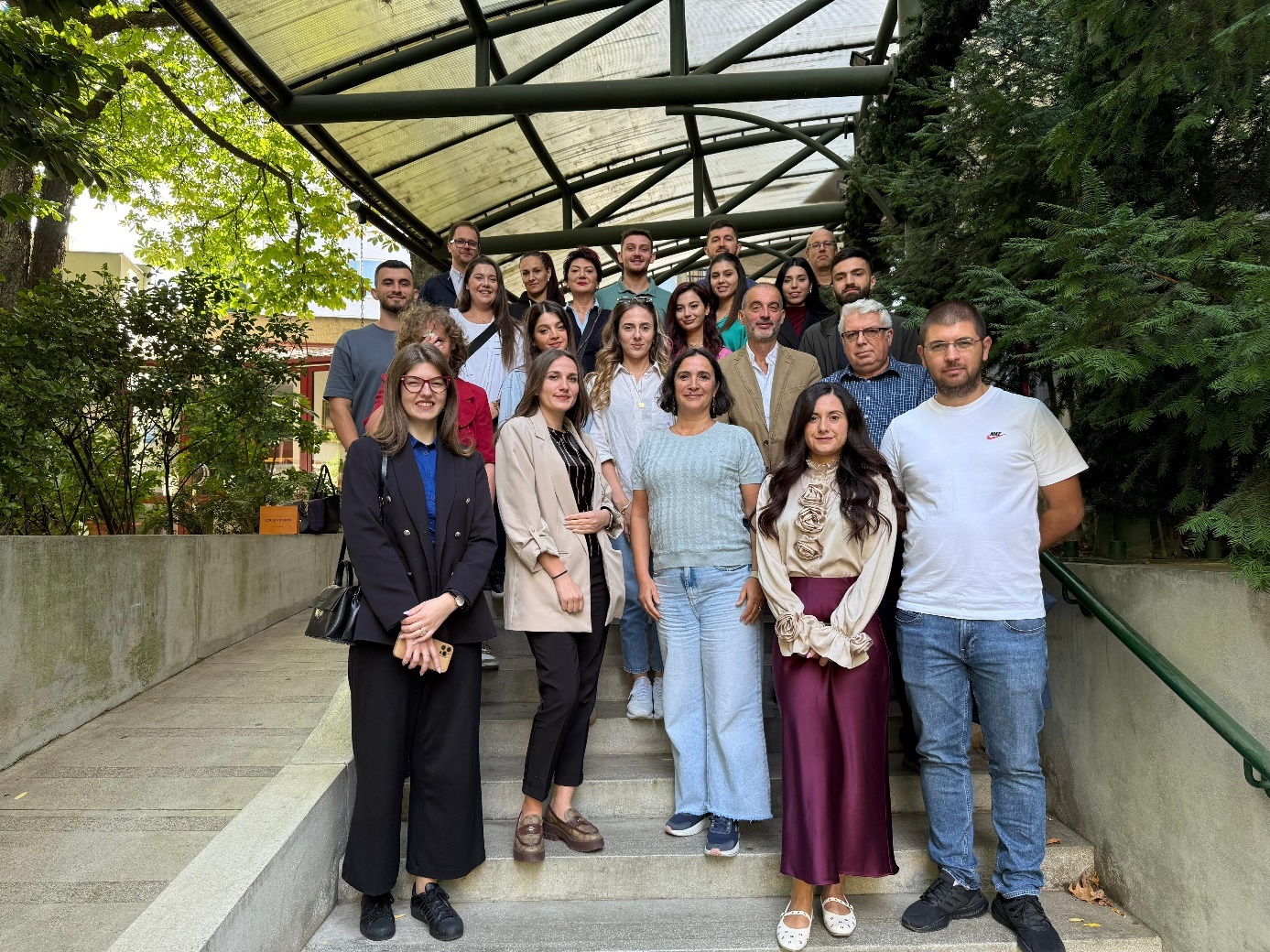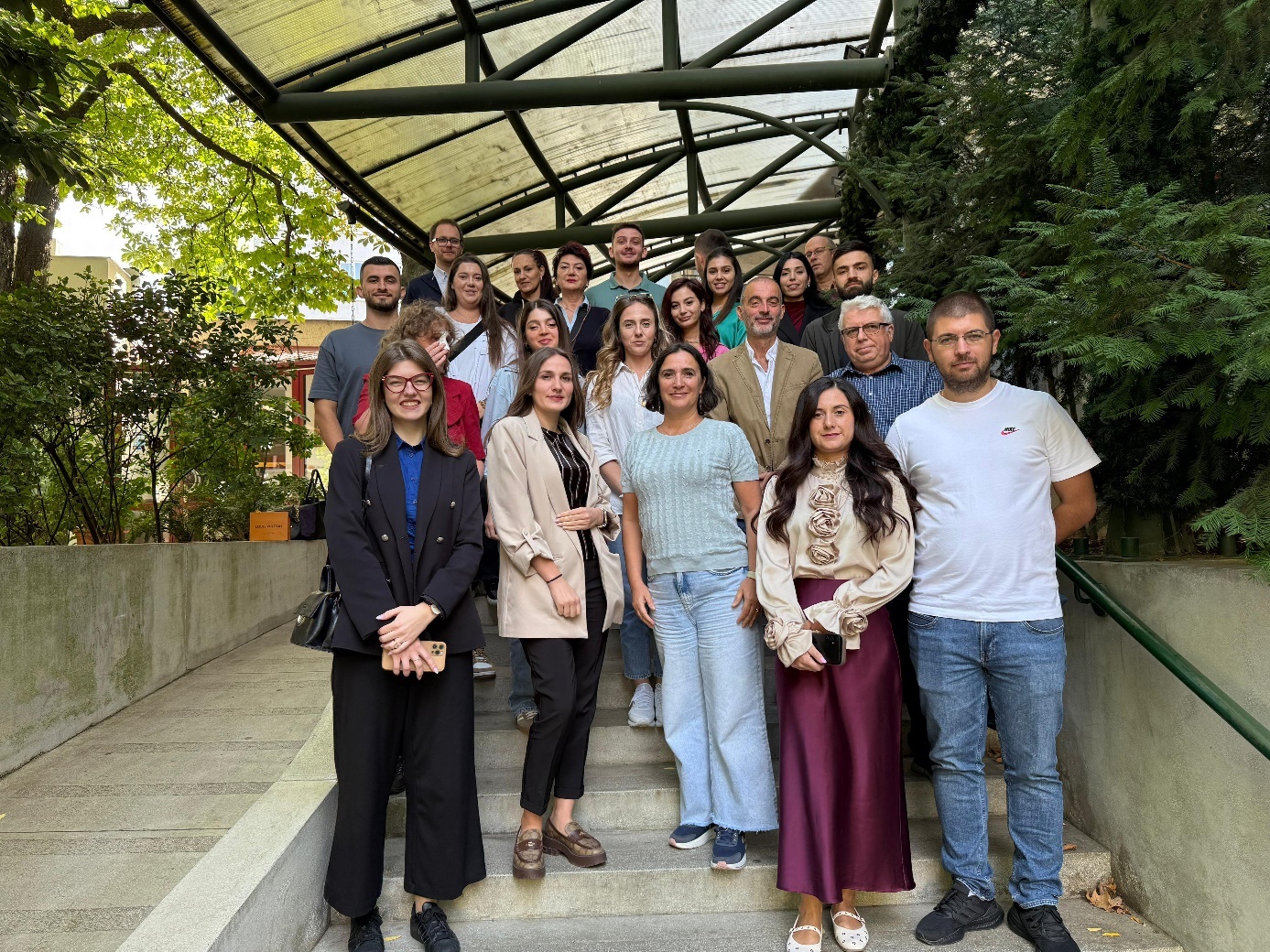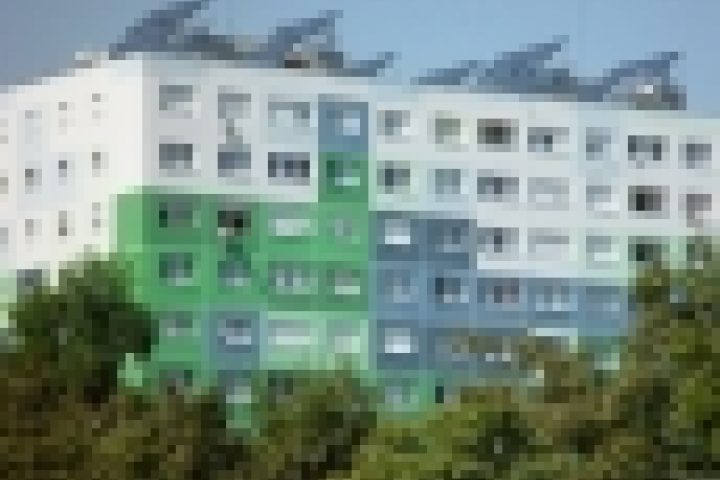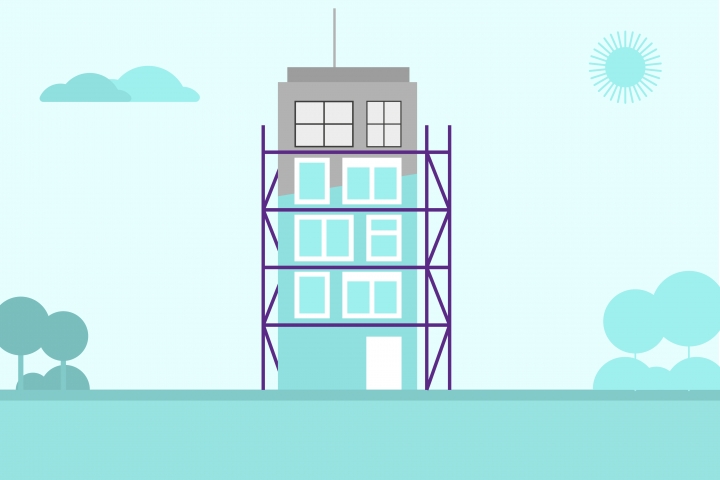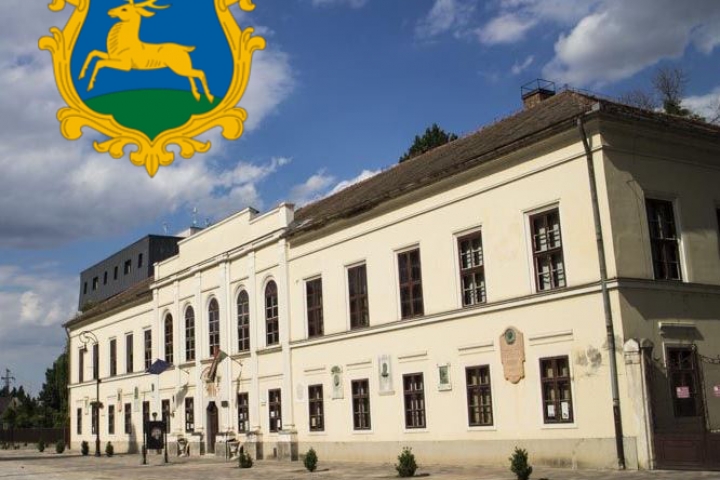Albanian and Kosovan Experts on an Energy Efficiency Study Tour in Budapest
Municipal experts, NGO staff, and advisors from Albania and Kosovo took part in a three-day long study tour in Budapest to learn about good practices supporting energy efficiency and building renovations. The visit focused on the One-Stop Shop (OSS) model: participants attended lectures, visited sites, and worked in groups to develop plans for launching advisory offices in Tirana and Priština that can effectively support residential building renovations.
One-Stop Shop systems: simpler renovations, greater impact
The aim of the study tour, as well as of the previously prepared handbooks and online training sessions, was to provide practical support to Albanian and Kosovan decision-makers and advisors in making energy renovations more accessible and transparent. The essence of the One-Stop Shop (OSS) model is to bring together all the services needed during renovation - technical advice, financial opportunities, grant application guidance, legal assistance, contractor databases, etc. - within a single, well-organized, and coordinated platform.
During the study tour, implemented within the framework of the RenovAID project, participants gained a comprehensive overview of Hungary’s energy efficiency efforts, innovative financing solutions, the Energy Efficiency Obligation Scheme, as well as the rural “LakHatás” program of Habitat for Humanity and Erste Bank, which supports families living in energy poverty with complex assistance covering technical, financial, social, and administrative aspects.
We presented in detail the previous project of Energiaklub Climate Policy Institute, called RenoHUb, which resulted in the establishment of Hungary’s first One-Stop Shop advisory network, RenoPont. We outlined the process of selecting and training reliable contractors and addressed developments that followed the project’s conclusion. The study tour also included site visits: participants were introduced to RenoPont advisory services operating within the Metropolitan Housing Office, and visited a model condominium renovation in Káposztásmegyer, implemented through a market-based One-Stop Shop advisory office.
As the latest good example, we introduced the details of the Budapest Green Panel Program, where not only is the cooperation between the metropolitan and district municipalities exemplary, but also the two-tier application system, the 100% financing of planning, and targeted advisory support for condominium managers provide a highly adaptable model for other cities - especially in countries where, as in Hungary, no state support is available for condominium renovations.
From Energy Poverty to Climate Neutrality - Local Responses to EU Expectations
According to the European Union’s objectives, it must achieve climate neutrality by 2050, and by 2030 it must reduce greenhouse gas emissions by at least 55% compared to 1990 levels. Achieving these goals relies heavily on the energy-efficient renovation of the building stock, one of the most cost-effective ways of which is the operation of a One-Stop Shop advisory system. The OSS model not only provides technical, financial, and administrative support to households wishing to renovate their homes, but also plays a role in awareness-raising: through targeted communication, marketing activities, coordination, and monitoring, it makes renovation processes more attractive, reduces information barriers, and contributes to the long-term energy transition.
Although Albania and Kosovo are not members of the European Union yet, both countries aim to join. Therefore, the EU actively supports them in starting to adopt the acquis communautaire now - particularly in the fields of energy and climate policy, where preparation is a lengthy and complex process. Such support is intended to lay the groundwork for meeting future membership obligations and to promote socio-economic convergence.
Education, Knowledge Sharing, Action Plans
During the study tour, participants not only had the opportunity to listen to high-level presentations and ask questions of leading experts (Hungarian Energy Efficiency Institute, Habitat for Humanity, Budapest Public Utilities and Projectdoctor), but also gained practical knowledge during field visits. The program concluded with interactive group work, during which the Albanian and Kosovan participants developed separate action plans on how they would implement the OSS model in the cities of Tirana and Priština. They analyzed the characteristics of the two capitals, identified the target groups to be supported, outlined the service structures that would best facilitate condominium renovations, identified potential partners, began to establish cost and revenue plans, and also started drafting a work plan listing the steps to be implemented in the future.
The Next Step: Implementation
The action plans developed during the study tour will be finalized during the next phase of the project. As a result, the materials produced so far - the handbook, online training, and study tour - will not remain theoretical: Albanian and Kosovan municipalities will be able to apply them directly in practice, thereby directly supporting the energy transition in Albania and Kosovo and creating the conditions for launching an effective One-Stop Shop advisory network built on the needs of the population.
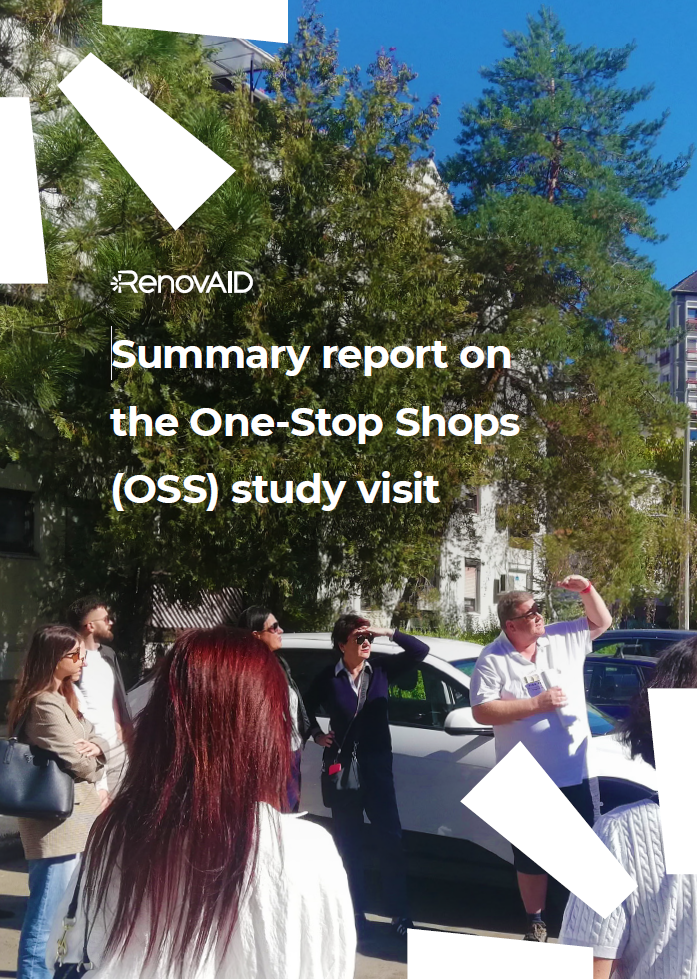 An English-language summary was also prepared on the study visit to Budapest, presenting the key elements of the three-day programme – including the presentations, site visits, participant feedback, and the main lessons learnt.
An English-language summary was also prepared on the study visit to Budapest, presenting the key elements of the three-day programme – including the presentations, site visits, participant feedback, and the main lessons learnt.
📄 The document is available for download here: Summary report on the One-Stop Shops (OSS) study visit
Presentations:
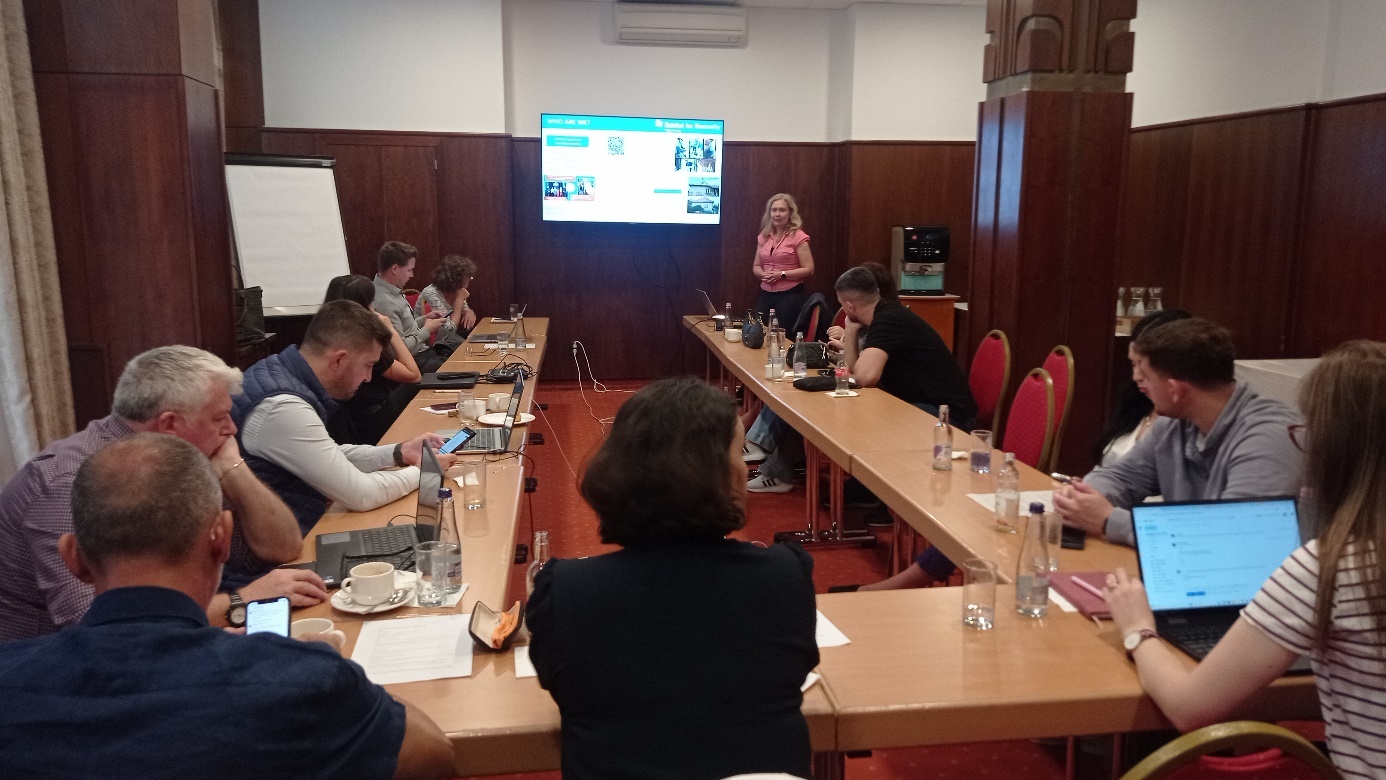
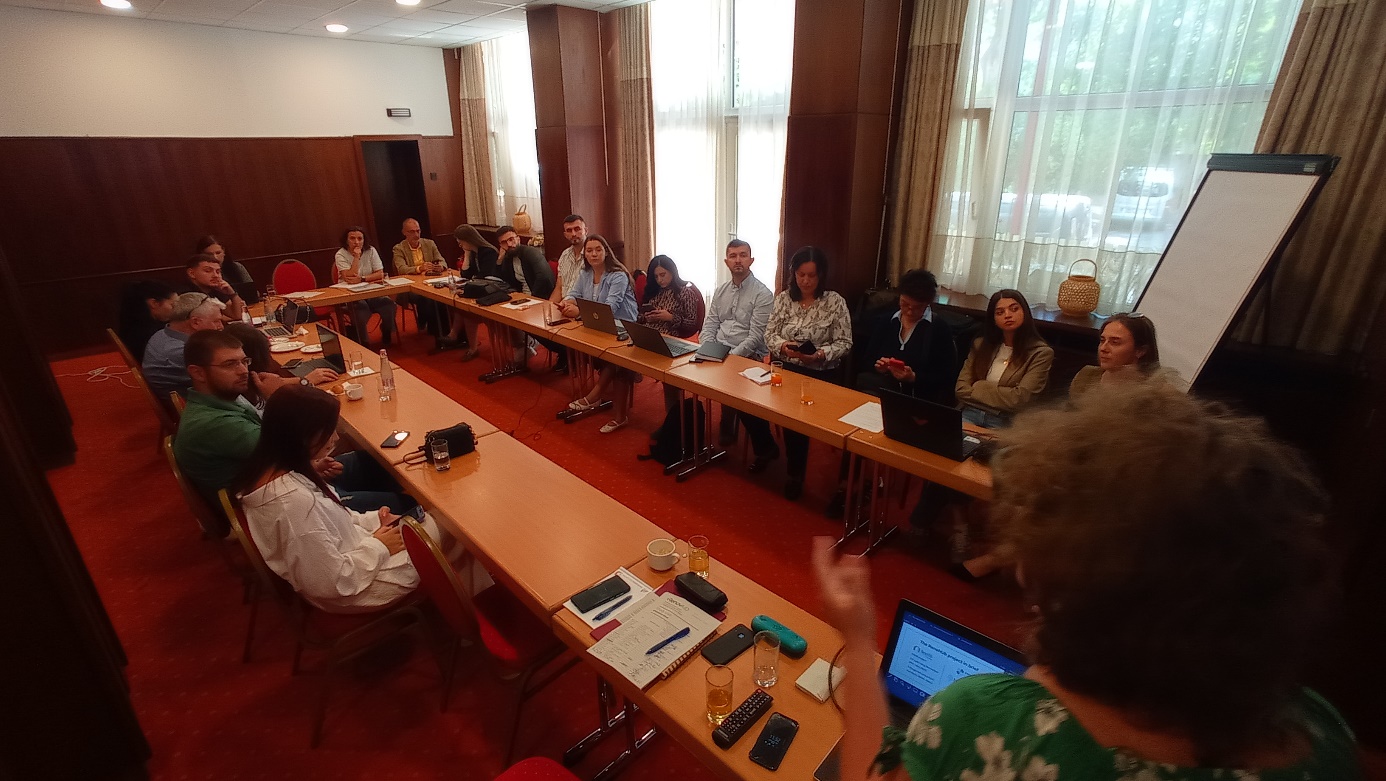
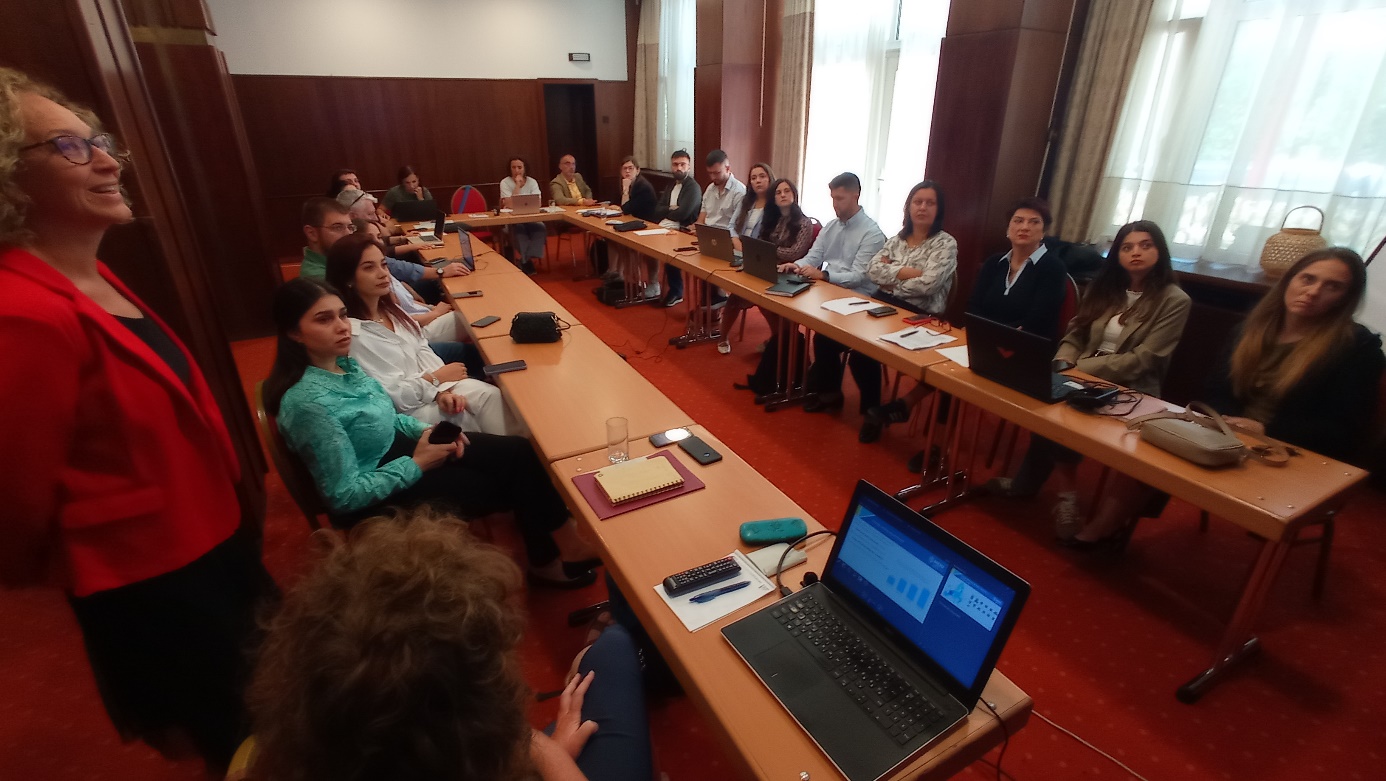
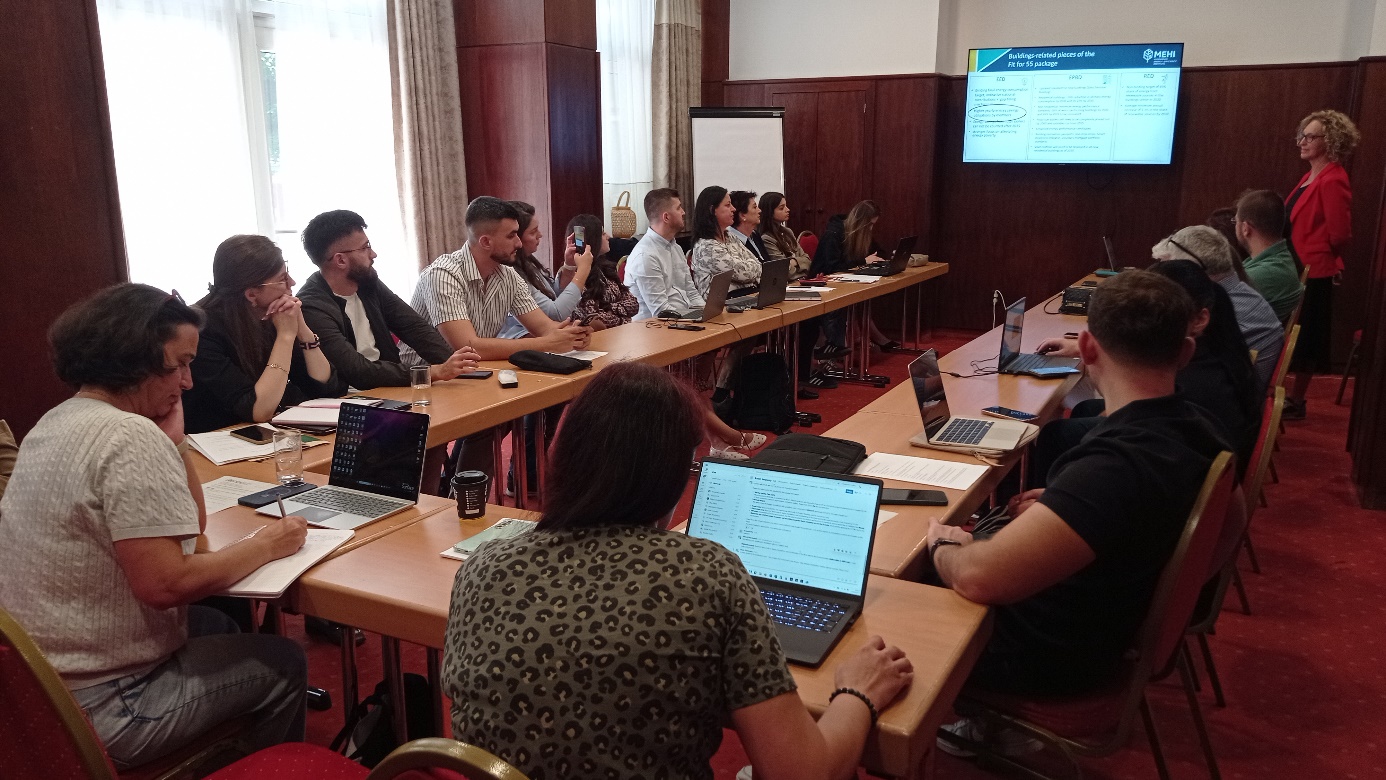
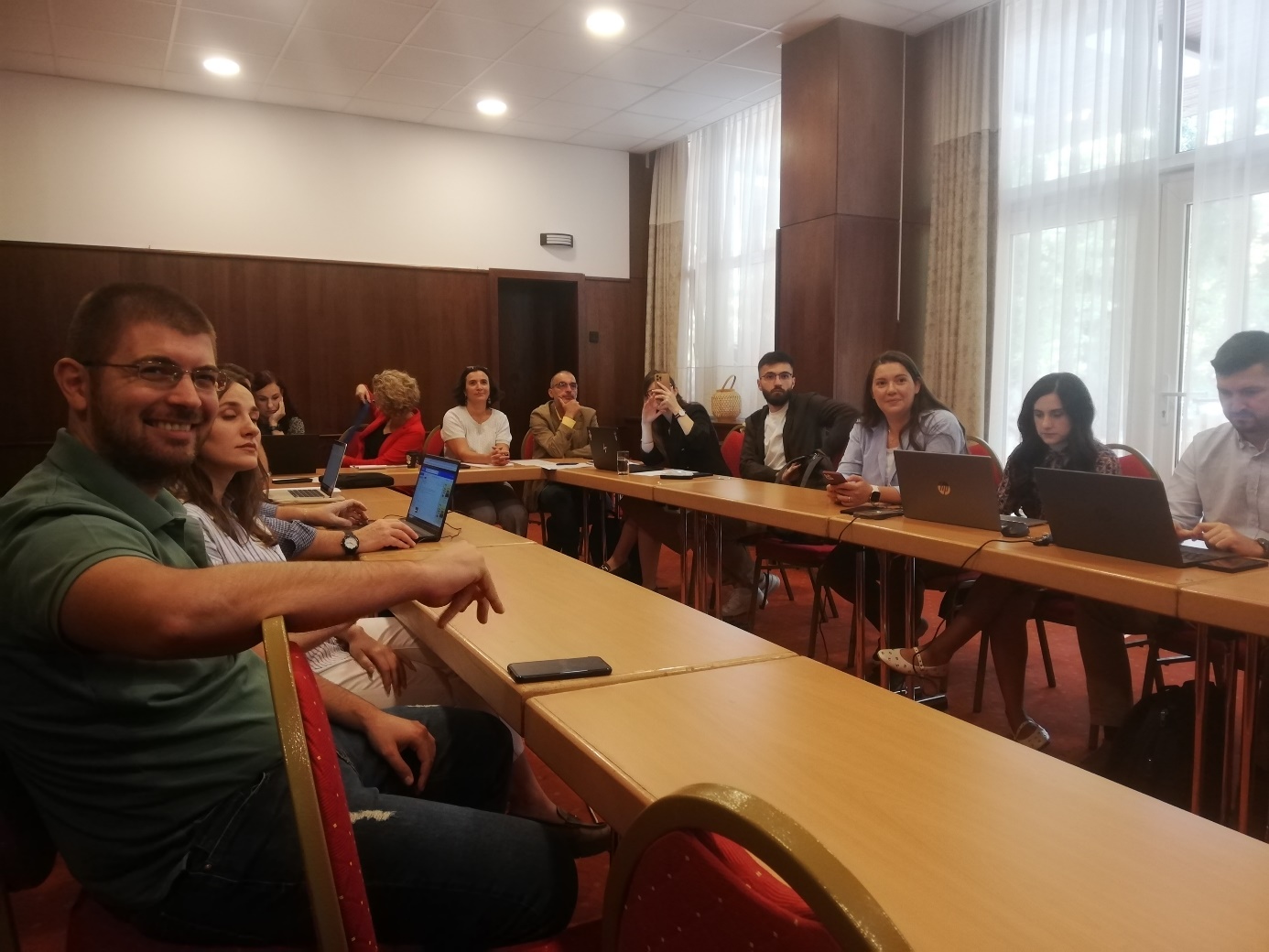
Condominium renovation site visit:
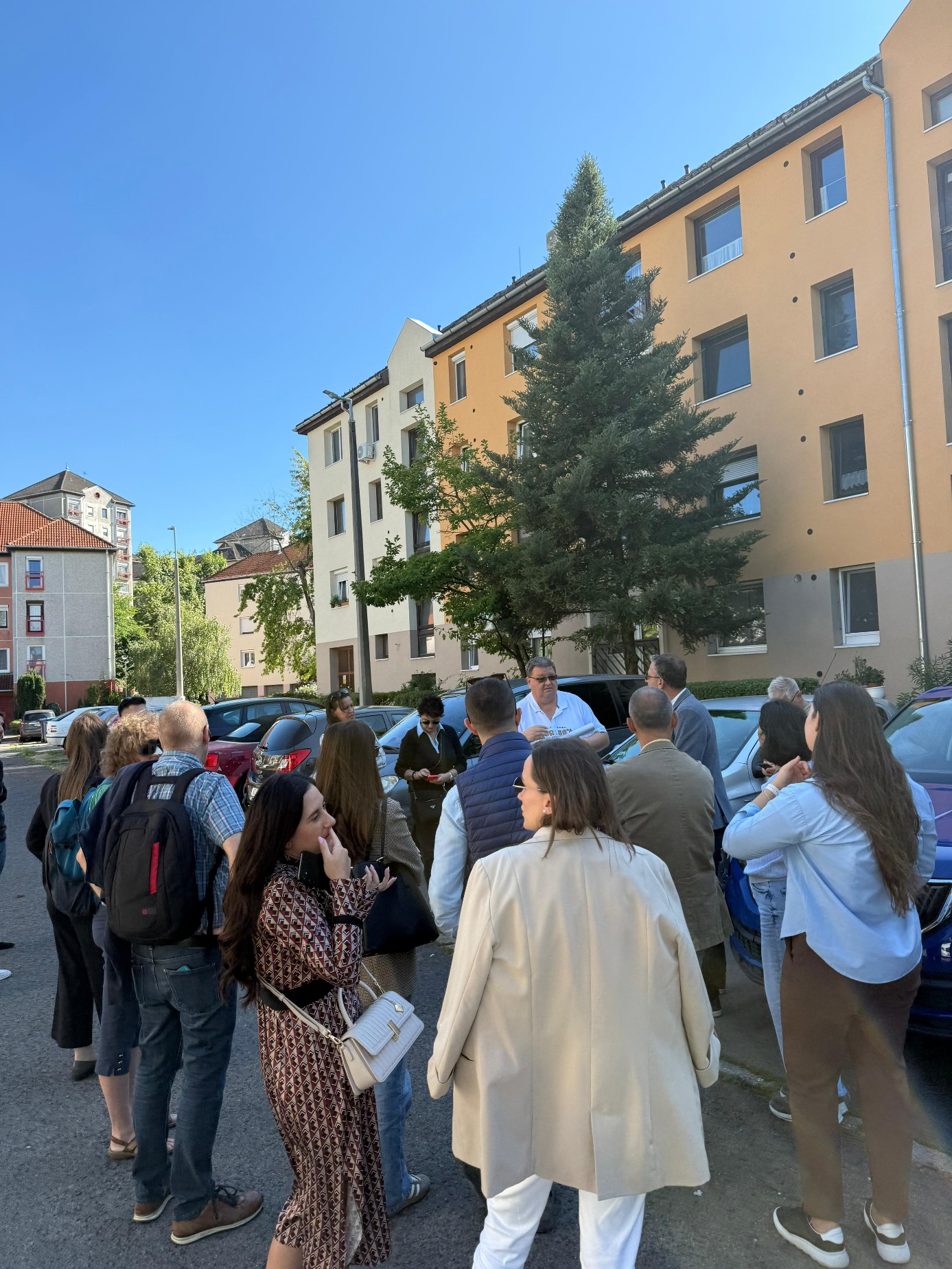
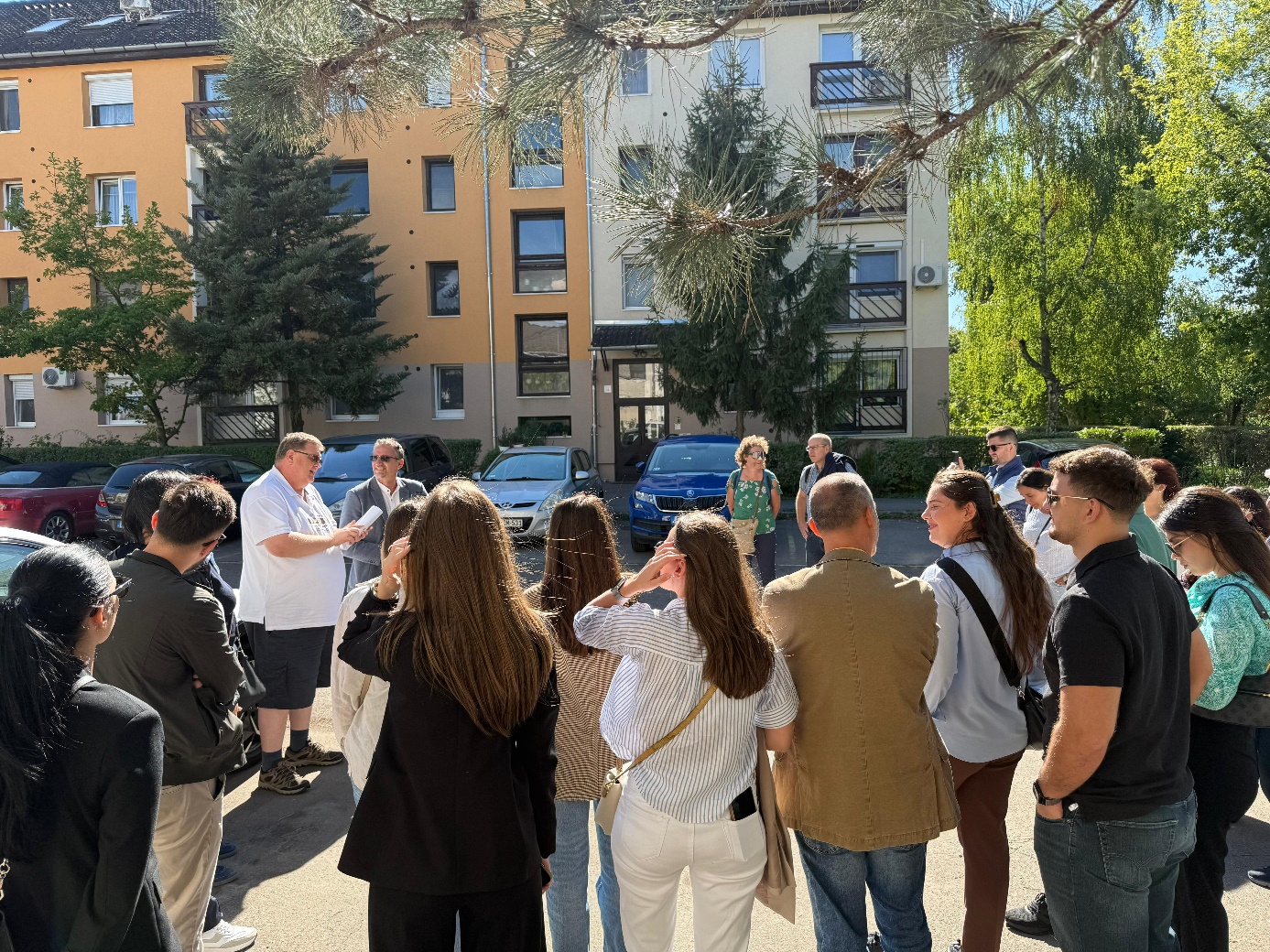
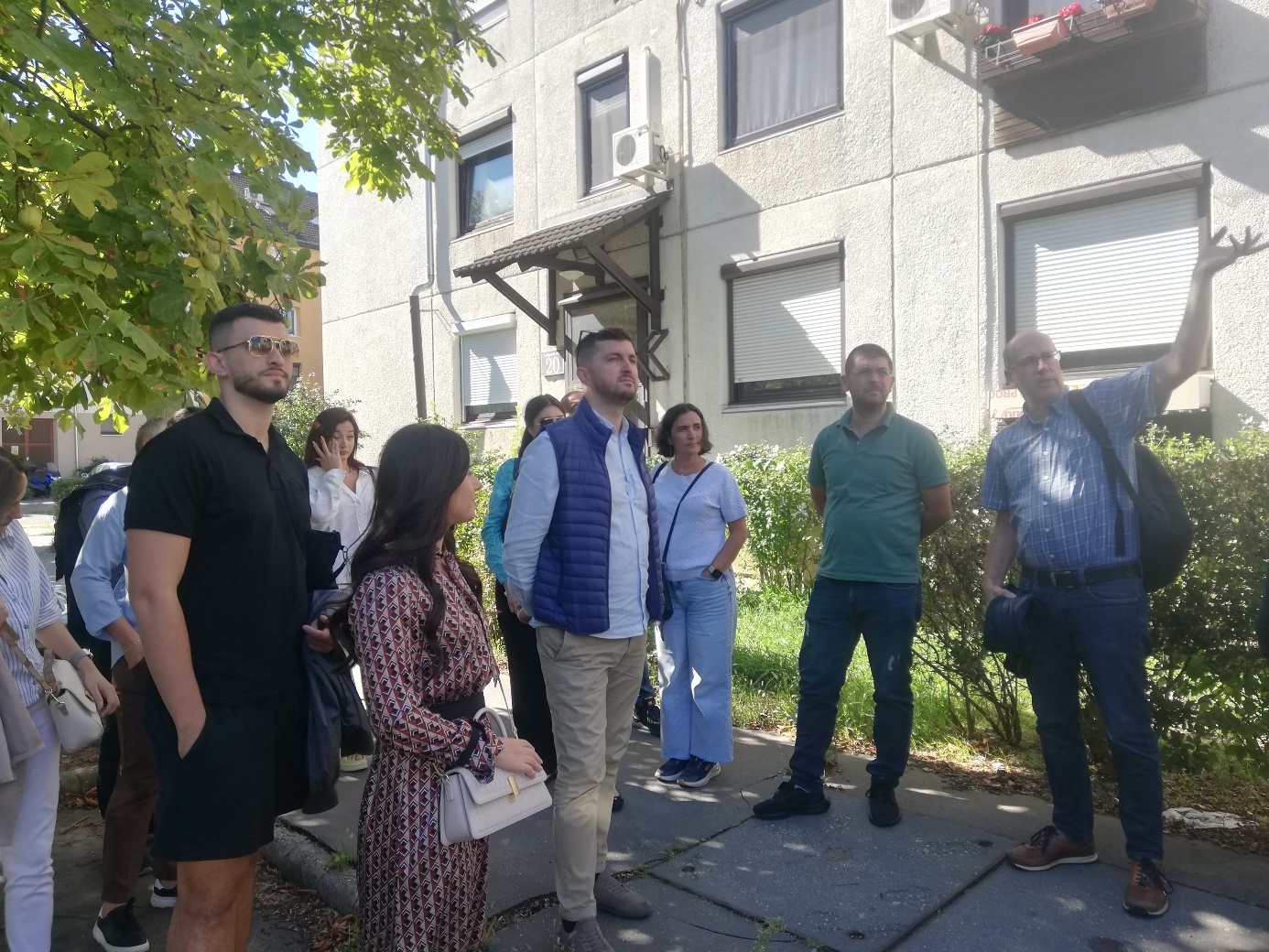
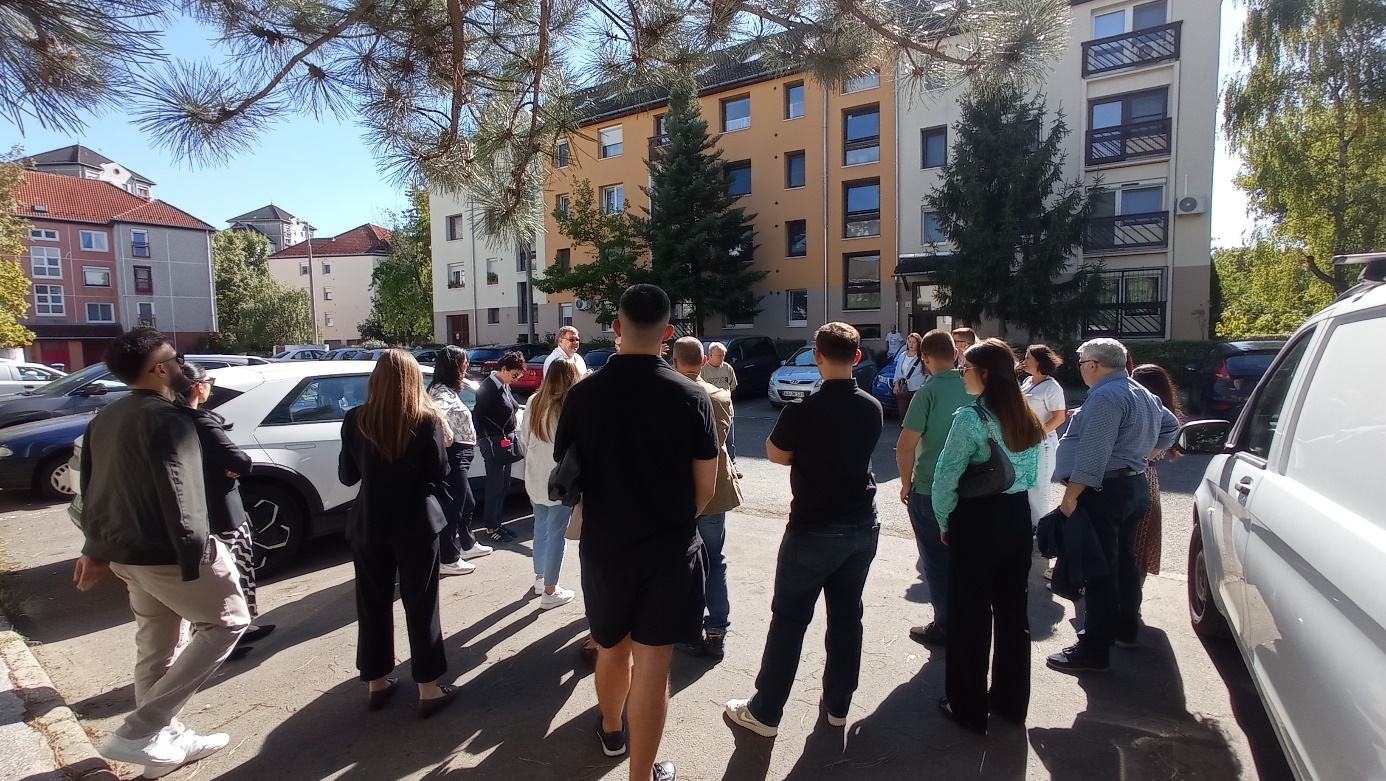
Visiting the RenoPont office:
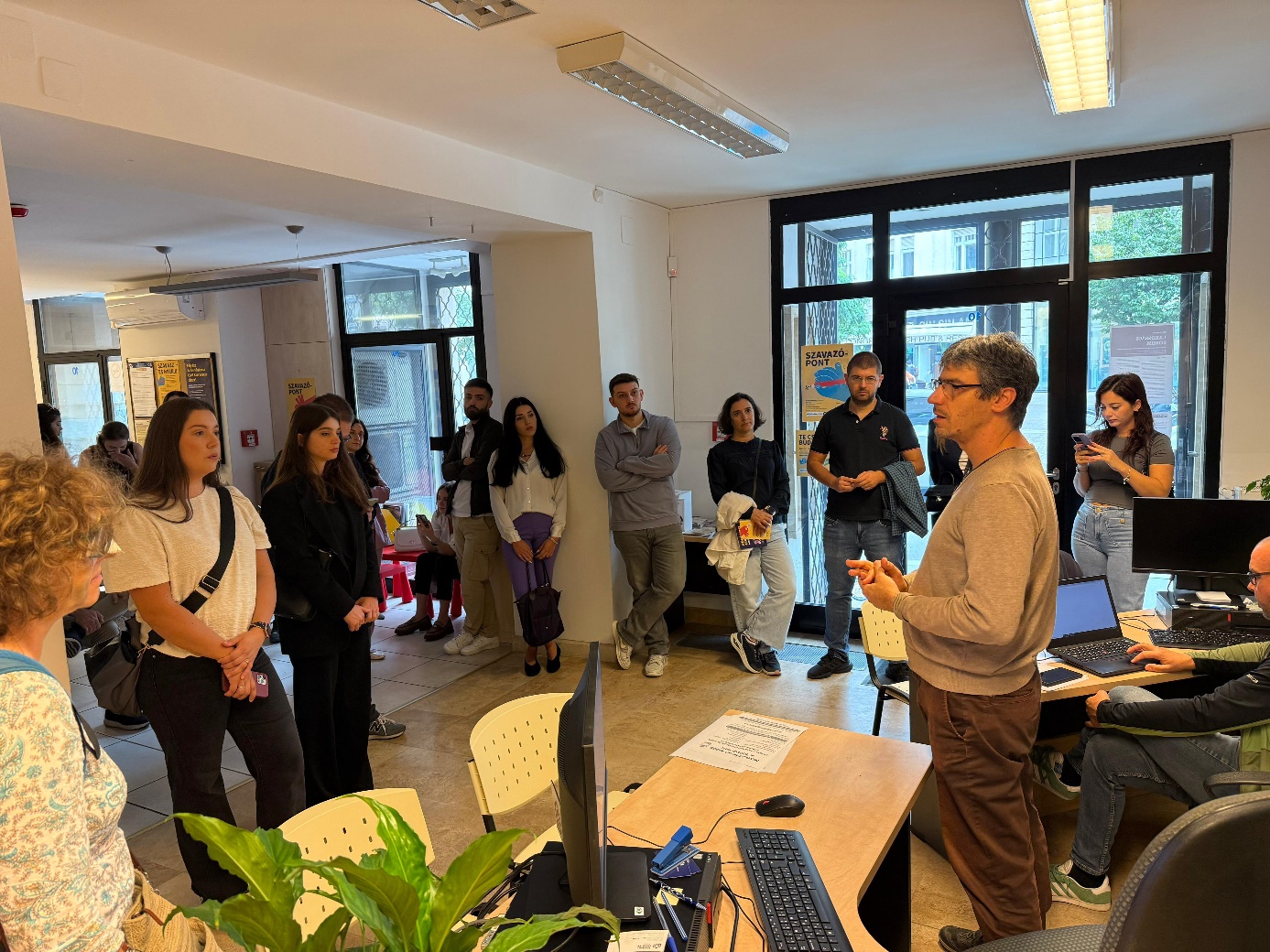
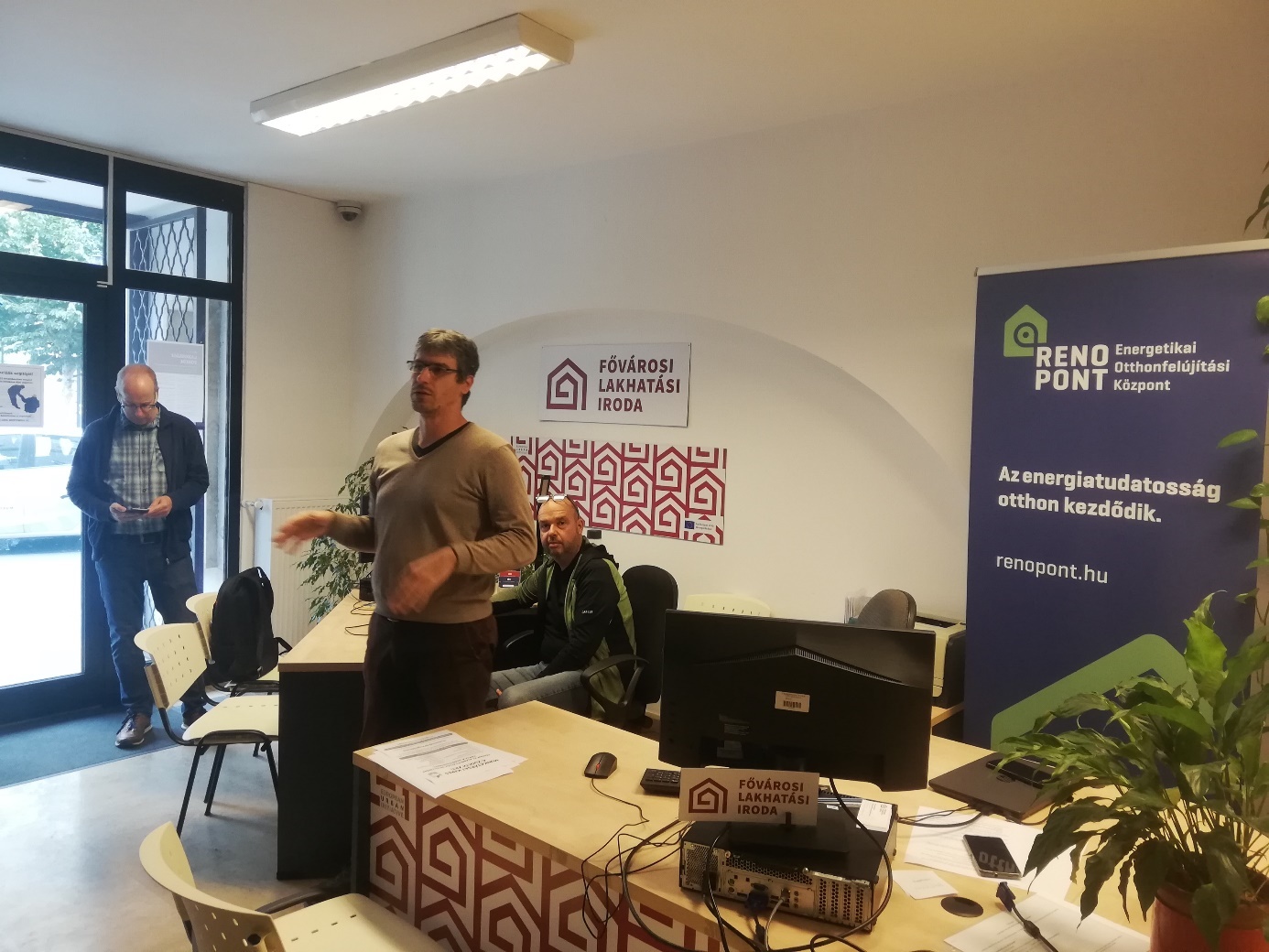
Group work and action plan development:
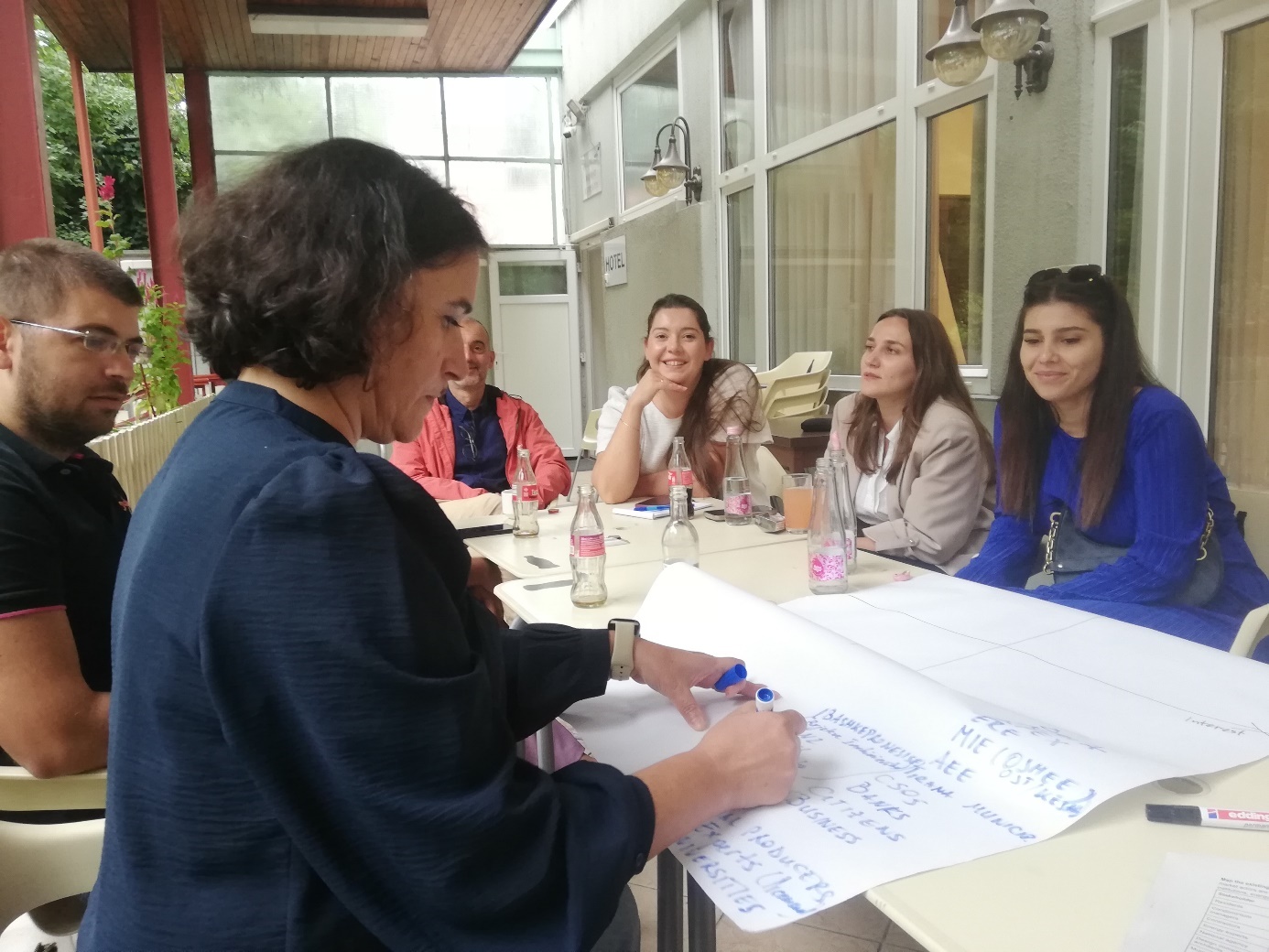
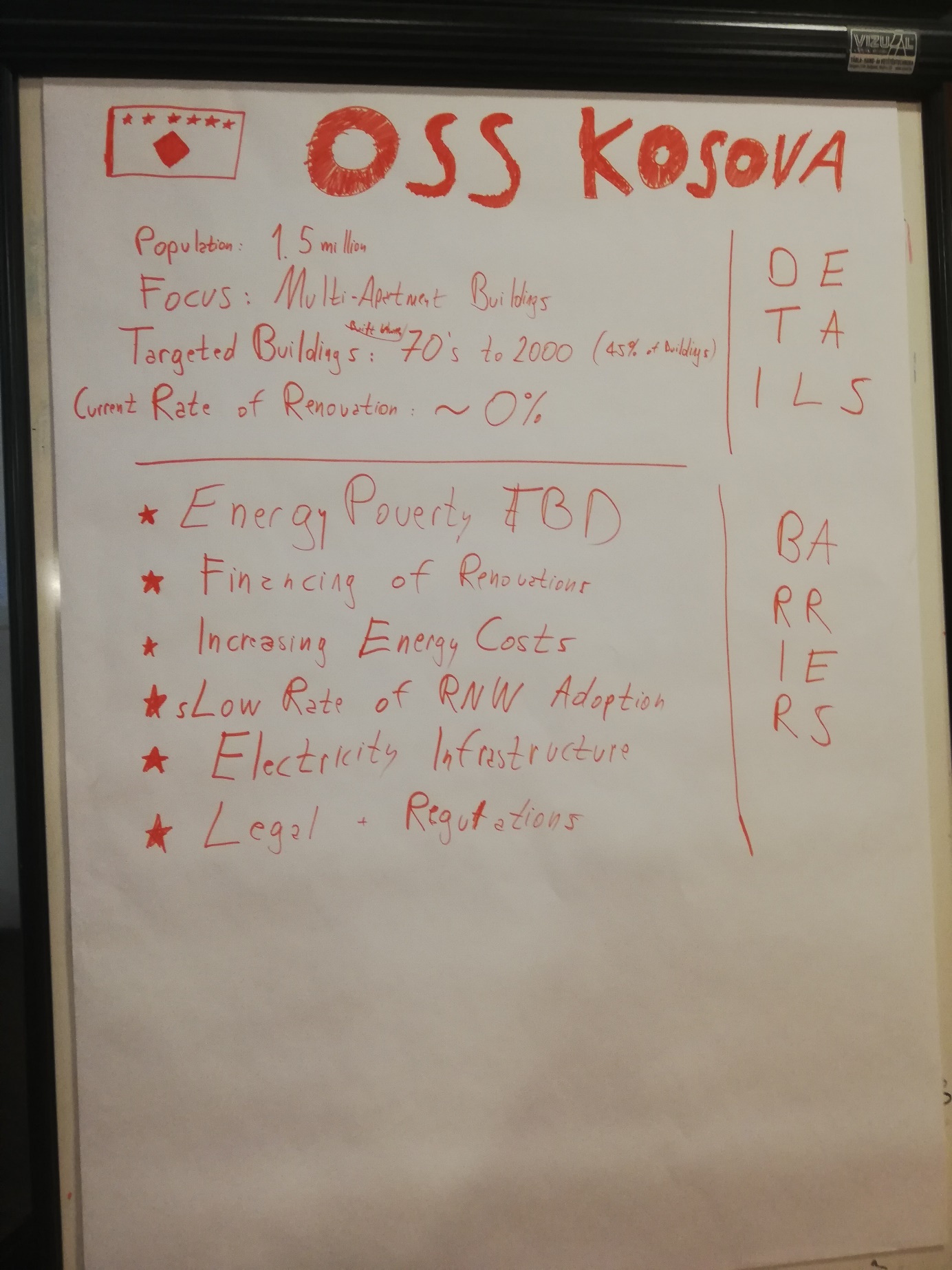
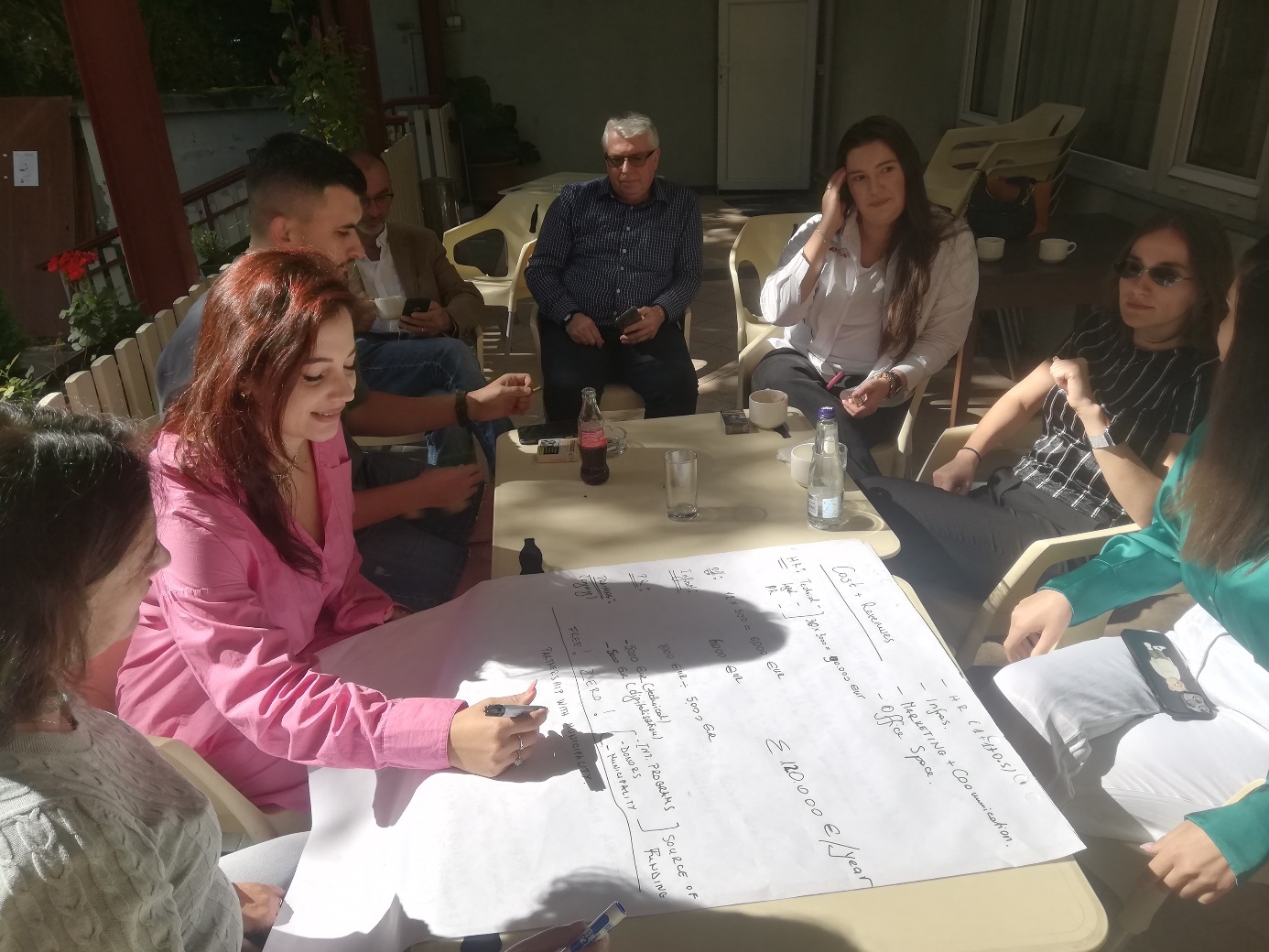
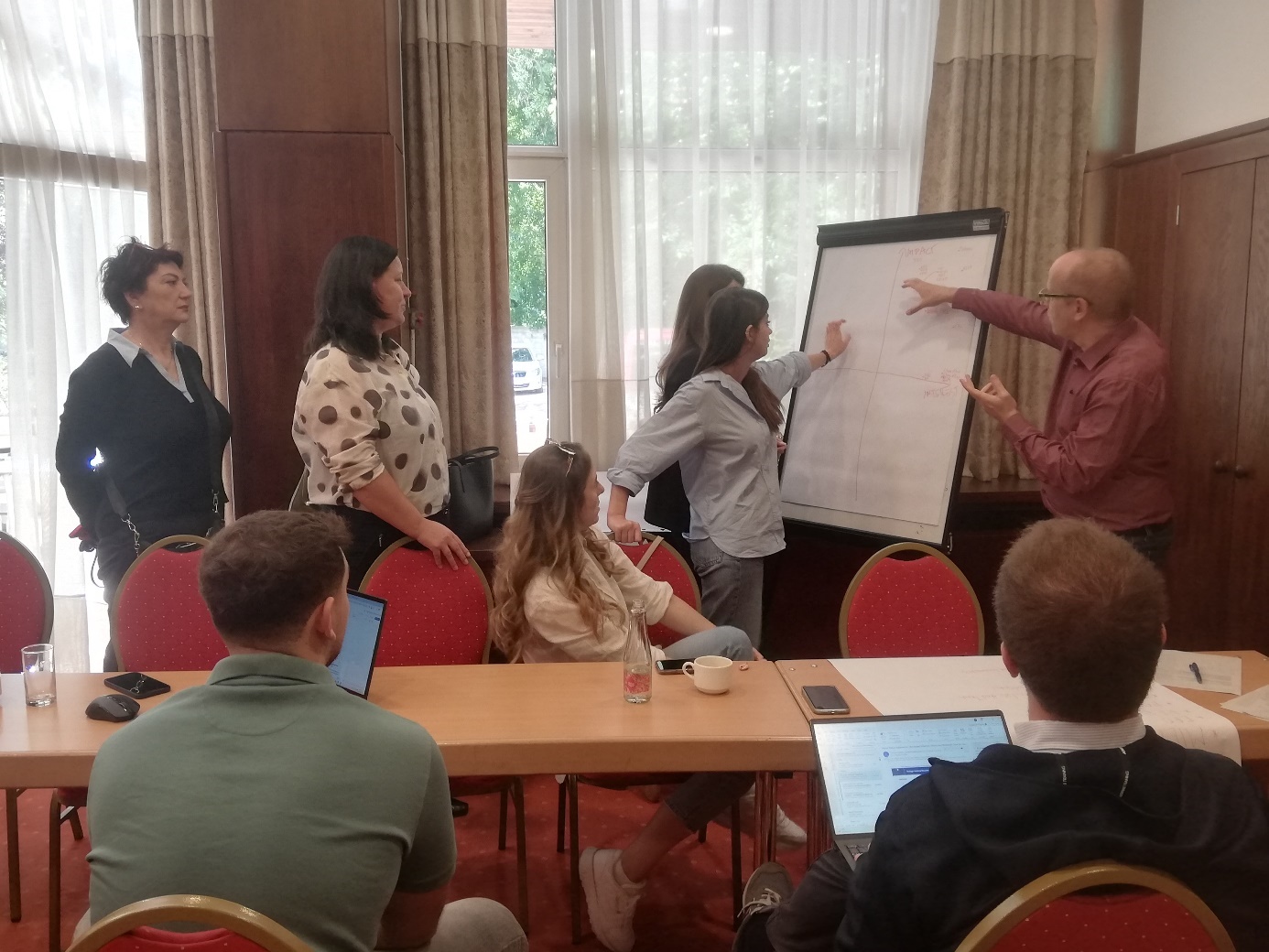
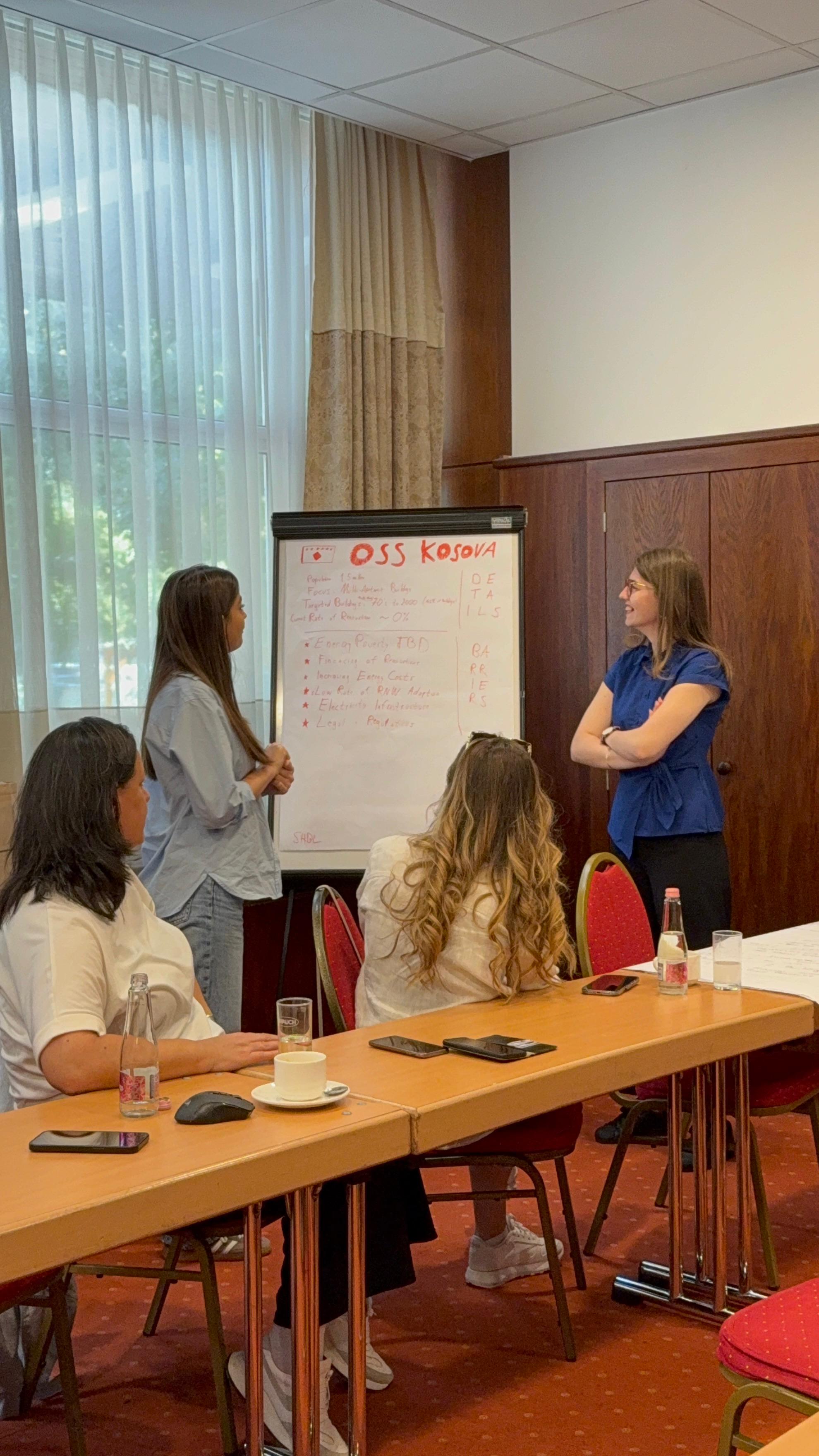
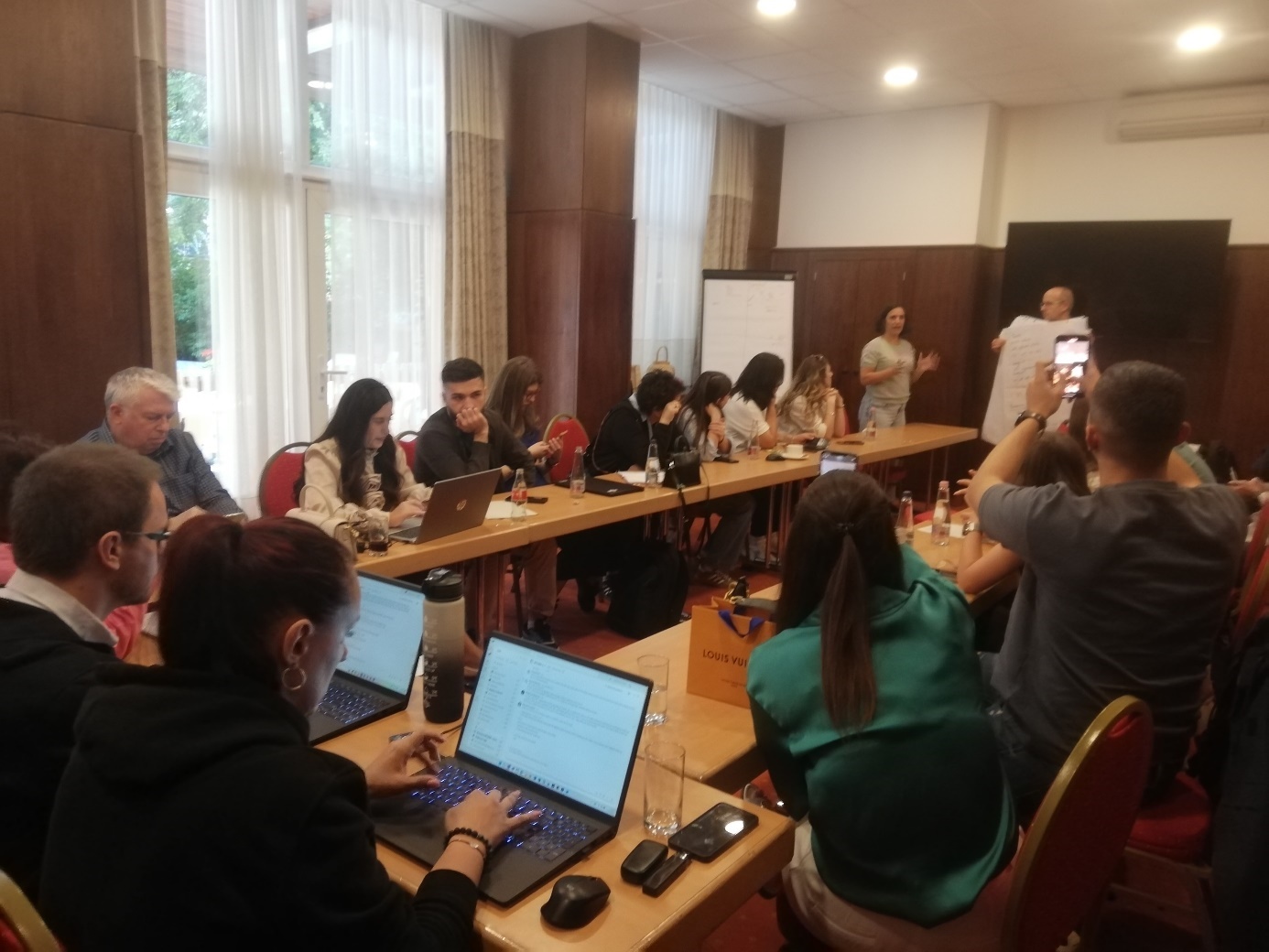
Group photos:
